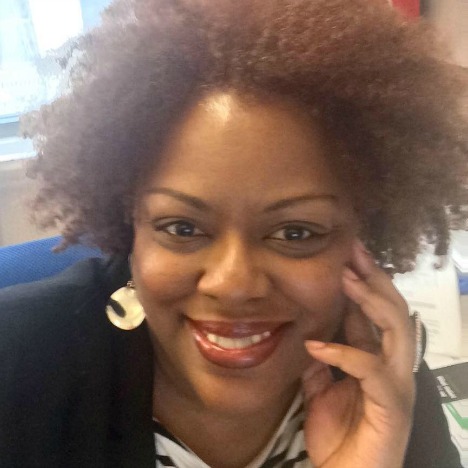
Nira Hyman is a vibrant, funny, smart publishing professional living in New York City. She has plenty of friends. She pledged a sorority in college. And she’s planning a trip to Cuba. From the outside, you would never know that she has battled depression since high school, throughout her time at an Ivy League university, and for all of her adult life. Though she has seen numerous doctors and tried various medications while coping with her mental illness, she has maintained a proactive and engaged stance in her treatment that has made surviving the dark depths of depression easier over time.
When Hyman first felt the symptoms of depression, she just thought she was experiencing adolescent mood swings. What she soon found were distinct differences between her moods and those of her friends, so she probed for reasons.
“I remember asking people repeatedly, like, ‘Well, when you feel down, how long does it last?’ And I would poll people constantly to find out, ‘Well, if you’re only down for two days, why am I feeling down for four weeks?'” Hyman’s questions continued without much external input, even though her own her mother had always suffered from depression. This is something a young Hyman didn’t realize at the time.
“Even though I grew up around [depression] throughout my entire family, we didn’t discuss how it might impact me personally. Although I visited my mother — she was hospitalized several times — we never discussed what she was suffering from. It was kind of understood that she ‘wasn’t quite right’ or she was sort of ‘under the weather’ with her moods.” In spite of a lack of clarity surrounding depression, Hyman continued to ask questions.
Once she got to college, Hyman again felt strong symptoms of depression, including trouble eating, sleep disruption, and a plummeting mood.
“I was crying for no reason. I was unable to complete my classes in a timely manner,” she said. These symptoms led Hyman to her university’s health services. Based on her symptoms and family history, they were able to prescribe therapy and Prozac, a drug that she accepted because medications had helped her mother.
Her family’s silence about depression didn’t end with Hyman’s diagnosis. Though her mother was upset and shocked, Hyman believes that her mom’s mixed feelings about her diagnosis came from the fact that she wanted to protect her.
“I think she may have thought that by not talking about it that she could somehow shield me from it. She was surprised,” Hyman said. Hyman now knows and acknowledges the history of depression on both sides of her family and how that past impacts her daily life. She said that dealing with depression is easier now than when she was first diagnosed. She shared the details of her health with friends and loved ones, and she has developed a way to keep track of aspects of her life that can affect her mood or signal a depressive episode. She said that she asks herself questions like, “‘Am I getting enough sleep? Am I eating right? Am I doing positive things? Am I dwelling on negative things that happen to me?’ I sort of have a mental checklist that’s now more automatic.”
Though she still falls into patterns of not speaking to people or isolating herself for long periods of time, Hyman can eventually pull herself out of a downward spiral by focusing on her treatment, and being a mental illness advocate and volunteer with the National Alliance on Mental Illness (NAMI).
But one of the most difficult things Hyman encounters in surviving depression is navigating the healthcare system. Due to changes in the publishing industry, and some factors of her illness, Hyman finds it hard to secure a full-time job with benefits. With those constraints, it is difficult to find highly-qualified doctors who will see her for more than 10 or 15 minutes. Hyman said that treating mental illness takes more time and focus. Still, she has managed to navigate the mental health system to get the care she needs.
“I’ve always tried to put myself out there, just make the call. I’ve seen dozens of doctors, I’ve seen social workers, I’ve seen psychotherapists, I’ve sort of run the gamut. I’ve been in support groups as well.”
To people who might have recently been diagnosed with depression, Hyman stresses the importance of doing the kind of Internet research she couldn’t do for herself more than 20 years ago. According to her, “When I was diagnosed the Internet did not even exist, so there’s so much for people to look up that’s really good. There are so many things that weren’t offered to me when I was younger.” She also stresses the need for those diagnosed to be proactive and not to believe that their life has to come to a complete halt. Hyman says “people can really get a handle on this, and quickly, but they have to sort of come to terms with the diagnosis and know that it won’t stop them.”









